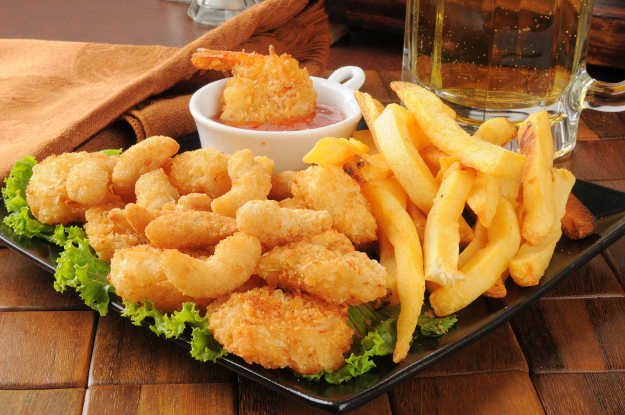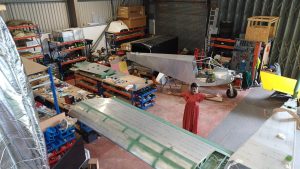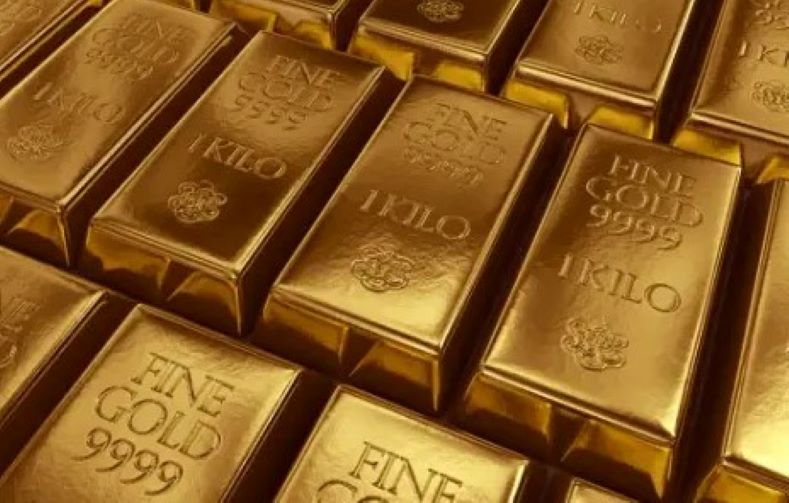

Choosing the right foods after fasting matters.
Intermittent fasting has become a popular way to manage weight and improve overall health. But after a period of not eating, what should your first meal be?
Breaking a fast requires careful consideration to ease your digestive system back into processing food. What you eat when breaking your fast can impact how you feel and how your body responds after fasting.
The first meal after a fast should be gentle on your stomach and nutrient-rich to replenish essential vitamins and minerals. Avoiding certain foods is equally important to prevent discomfort and ensure you maximize the benefits of your fasting period.
Here’s a guide on what to eat and avoid when breaking your fast:
Best foods to eat when breaking a fast

- Hydration first: Before considering food, prioritise rehydration. Water is always your best bet, but unsweetened green tea or coconut water can also replenish electrolytes lost during your fast.
- Fermented foods: Food like yoghurt is packed with probiotics, which aid in digestion and help replenish gut bacteria. These are particularly beneficial after fasting as they support digestive health.
- Fruits: Water-rich fruits such as watermelon and bananas are gentle on the stomach and help restore glucose levels. They are high in vitamins, minerals, and natural sugars that provide quick energy.
- Eggs: Eggs are a great source of protein and are easy to digest. They contain nutrients like vitamins B6 and B12, choline, and selenium, making them an ideal food to break a fast with.
- Cooked vegetables: Non-starchy, cooked vegetables like spinach and carrots are easy on the digestive system. They provide fibre, vitamins, and minerals without being too harsh on the stomach.
- Avocado: Rich in healthy fats and fibre, avocados help you feel full without being heavy on the digestive system. They are also packed with potassium, which is crucial for rehydration.
- Fish and poultry: Light, lean proteins such as fish and chicken are recommended. They are easier to digest compared to red meat and provide essential amino acids and omega-3 fatty acids.
Foods to avoid when breaking a fast

- Raw vegetables: Raw cruciferous vegetables like broccoli and cauliflower can be hard to digest and may cause bloating and gas. It's better to consume them cooked.
- Refined carbohydrates: Foods high in refined sugars and carbs, such as pastries, white bread, and sugary snacks, can cause a rapid spike and crash in blood sugar levels, leading to increased hunger and fatigue.
- Fried and greasy foods: These can be too heavy and challenging for your stomach to handle right after a fast. They can cause digestive discomfort and are generally unhealthy.
- Red meat: Dense meats like steak require a lot of digestive effort and can be tough on the stomach after a fasting period. It's better to stick to lighter proteins initially.
- Nuts and seeds: While nutritious, nuts and seeds can be difficult to digest for some people when breaking a fast. They can cause bloating and digestive issues.
- Dairy products: Some people might find dairy hard to digest immediately after fasting, leading to discomfort and bloating. It's best to introduce dairy slowly.
- Alcohol: Consuming alcohol right after fasting can be harsh on your digestive system and may lead to dehydration and other health issues.
Breaking a fast properly involves consuming foods that are easy to digest and nutrient-dense to support your body’s transition back to regular eating.
This content was created with the help of an AI model and verified by the writer.
Read Full Story

























Facebook
Twitter
Pinterest
Instagram
Google+
YouTube
LinkedIn
RSS